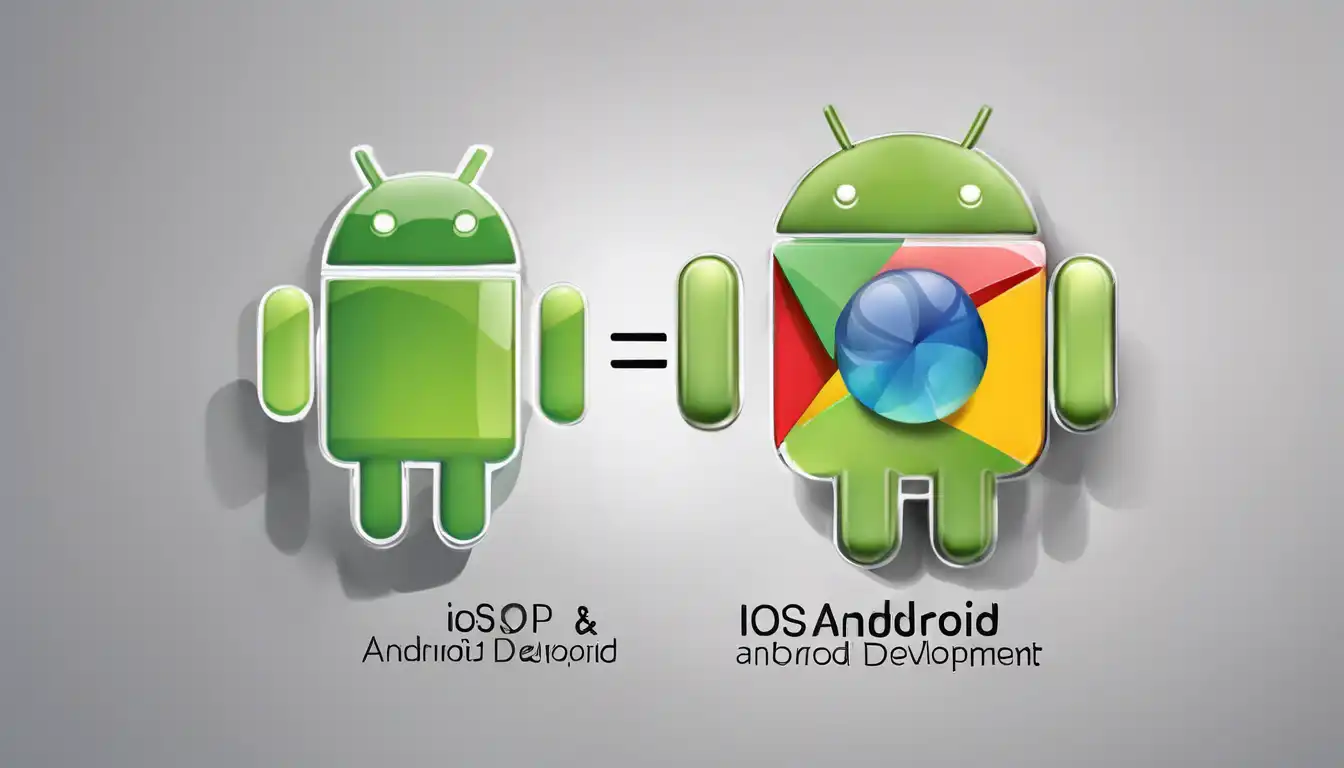Introduction to iOS and Android Development
When it comes to mobile app development, iOS and Android stand out as the two dominant platforms. Each has its unique ecosystem, development tools, and programming languages, making the choice between them crucial for developers and businesses alike. This article delves into the key differences between iOS and Android development, offering insights to help you make an informed decision.
Development Languages
One of the most significant differences between iOS and Android development is the programming language used. iOS apps are primarily developed using Swift or Objective-C, while Android apps are built with Java or Kotlin. Swift and Kotlin are modern languages designed to be more efficient and easier to use than their predecessors.
Development Environments
iOS development is done in Xcode, Apple's integrated development environment (IDE), which is only available on macOS. Android development, on the other hand, can be done on any operating system using Android Studio, Google's official IDE. This difference can significantly impact your development workflow, especially if you're working on a team with diverse hardware.
Design Guidelines
Apple and Google have distinct design philosophies. iOS apps follow Human Interface Guidelines, emphasizing clarity and depth, while Android apps adhere to Material Design, focusing on a more flexible and adaptive design. Understanding these guidelines is crucial for creating apps that feel native to each platform.
App Distribution
The process of distributing apps also varies between the two platforms. iOS apps are distributed through the Apple App Store, known for its stringent review process. Android apps are distributed via the Google Play Store, which has a more open approach but also faces challenges with fragmentation and security.
Market Share and Monetization
Android dominates the global market share, making it an attractive platform for reaching a wider audience. However, iOS users tend to spend more on apps and in-app purchases, offering higher revenue potential. Choosing between iOS and Android development often depends on your target audience and monetization strategy.
Conclusion
Both iOS and Android development offer unique advantages and challenges. Your choice should be based on factors like target audience, development resources, and monetization goals. By understanding the differences outlined in this article, you can better navigate the mobile app development landscape and create successful apps for either platform.
For more insights into mobile app development, check out our articles on App Development Trends and Mobile Technology Innovations.
